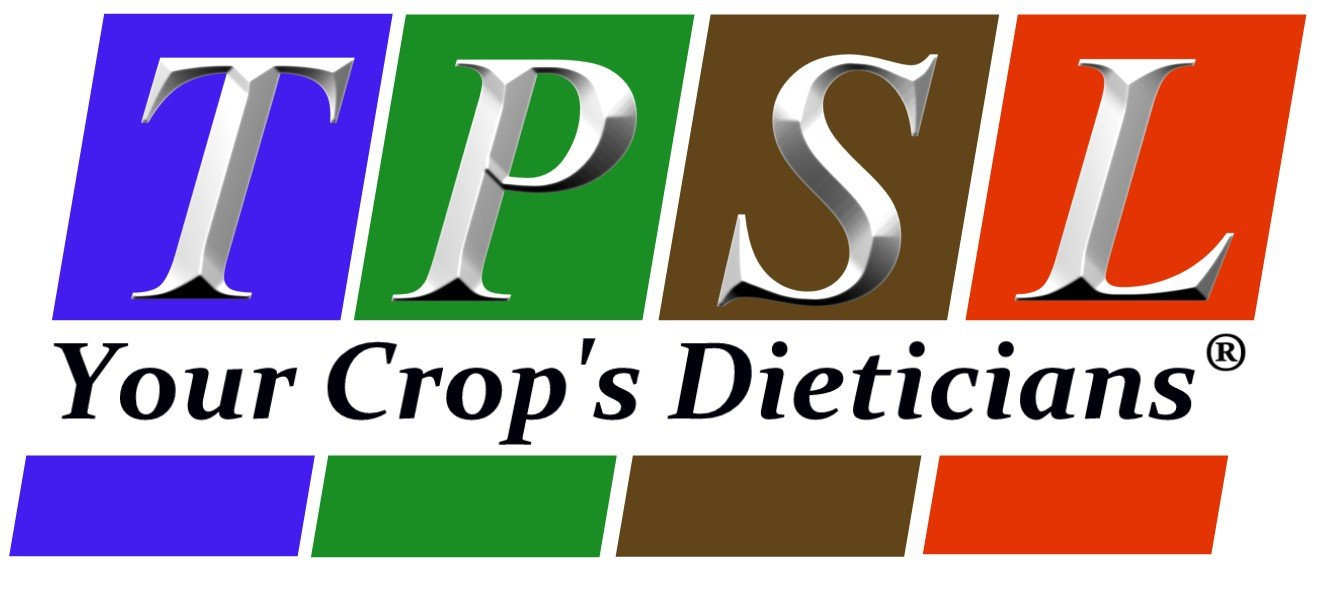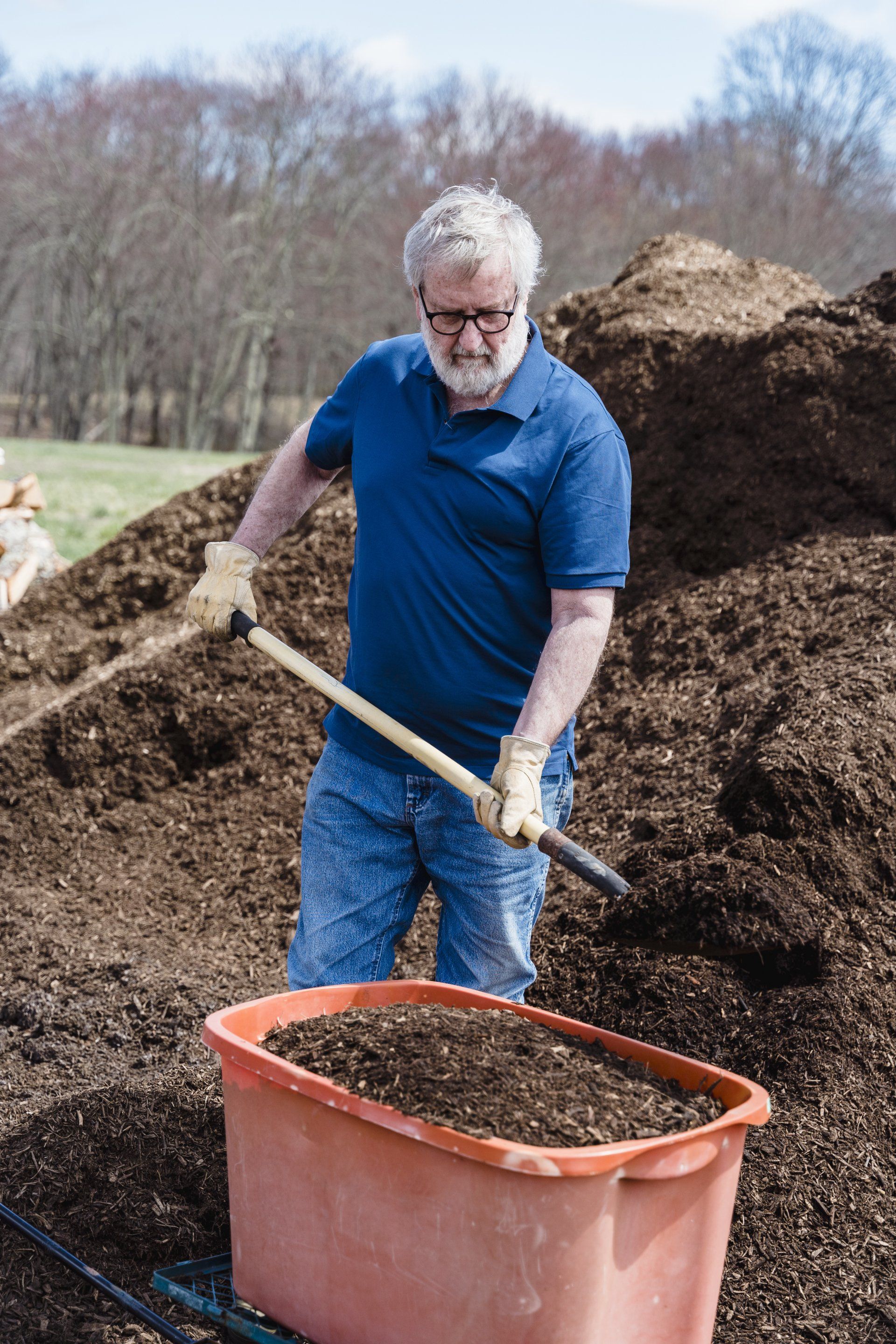Why TPS Lab Soil and Plant Testing Is Worth Every Penny
Understanding the True Value Behind the Price Tag

When shopping for soil, compost, or plant tissue testing, it’s easy to compare labs based on one thing: price. But not all labs—and certainly not all test results—are created equal.
At TPS Lab, we’re often asked, “Why does your testing cost more than others?” It’s a fair question—and one we’re always happy to answer.
In this post, we’ll break down what goes into our pricing, the real value you receive when you choose TPS Lab, and why going with a cheaper lab may cost you more in the long run. Whether you're a PhD researcher, commercial grower, or passionate backyard gardener, you'll get a clearer picture of what you're really getting when you send samples to TPS Lab.
1. More Than Just Numbers: You Get Interpretation, Not Just Data
Most labs deliver raw numbers and leave you guessing. TPS Lab goes further.
Every report comes with expert interpretation grounded in decades of applied research and real-world outcomes. We base our recommendations on proprietary nutrient standards developed from thousands of commercial case studies across a wide range of crops, soil types, climates, and growing systems.
We don’t just tell you your nitrogen level. We tell you what it means—for your crop, in your stage of growth, under your conditions.
2. Proprietary Standards Backed by Real-World Performance
Our nutrient sufficiency ranges aren’t pulled from old textbooks—they’re built from live data, updated regularly based on:
- Commercial grower feedback
- Field trials and crop performance
- Environmental variables like weather and region
- And decades of experience across all major ag sectors
Whether you're looking at a soil, compost, or plant tissue test, our insights are based on what actually works—not just what "should" work in theory.
3. Consultation Is Included—Always
Every standard test includes personalized consultation with our agronomists and soil scientists. You’ll speak with experts who:
- Help you understand your results
- Offer practical next steps
- Provide insights customized to your crop, soil, and goals
Most labs charge extra for this—if they offer it at all. At TPS Lab, it’s built into the service, because actionable knowledge is what drives results.
4. We Use Advanced Methods Other Labs Abandon for Speed
We don’t follow trends—we follow truth. Take our soil testing, for example:
TPS Lab may be the only lab in the world still using the Daubeny Extraction Method—a powerful, field-validated approach that provides a truer picture of available nutrients than many modern shortcuts.
Most labs abandoned this method in favor of faster, cheaper alternatives. But faster doesn’t mean better. In fact, common extraction methods often sacrifice accuracy and crop-specific relevance.
We believe you deserve more than “good enough.” That’s why we preserve high-integrity methods that help you make better-informed decisions with your land.
5. Compost Testing That Meets the Highest Standards
Our compost analysis services are held to some of the highest technical and reporting standards in the U.S.
TPS Lab is proud to be one of the few laboratories certified by the U.S. Composting Council (USCC) under the Seal of Testing Assurance (STA) program. That means:
- We follow rigid, standardized protocols for testing compost quality
- We provide complete, traceable documentation
- Our results are trusted by landscape architects, municipalities, and compost producers nationwide
Whether you're blending for organic gardens or commercial resale, our compost data gives you confidence—and credibility.
6. Broad Testing Panels—Included as Standard
We believe in delivering complete answers, not just partial data. That’s why our reports cover more nutrients and indicators than most labs include—even in their premium packages.
For example, our plant tissue tests include:
- Macronutrients: N, P, K, Ca, Mg, S
- Micronutrients: Fe, Mn, Zn, Cu, B
- Trace Elements: Mo, Co, Se, Ni, Si (acid soluble)
Our soil and compost analyses also offer expanded panels, depending on the test you choose. And we’re always happy to customize for your needs.
7. Commercial Quality, Home-Grower Friendly
TPS Lab serves commercial growers, universities, compost producers, landscapers, consultants, and high-level research institutions.
But we bring that same professional quality to anyone serious about growing—from large-scale operations to passionate backyard gardeners. If you care about doing it right, we’re here to support you.
8. Fast Turnaround, Real People, Reliable Support
Our team is known for fast turnaround times and responsive customer service. We know that time matters—especially when crops are growing and decisions can’t wait.
Call us, and you’ll talk to someone who knows your sample, understands your system, and wants to help you succeed.
Conclusion: The Cheapest Test Gives You a Number. The Right Test Gives You a Return.
Choosing a lab should never be just about price—it should be about value.
At TPS Lab, we offer more than just numbers on a page. We offer:
✅ Interpretation backed by decades of data
✅ Advanced, proprietary testing methods
✅ USCC certification for compost analysis
✅ Personalized consultation
✅ Full-spectrum nutrient panels
✅ Fast, friendly service
If you're ready to stop guessing and start growing smarter, TPS Lab delivers.
Have questions about pricing or which test is right for you? Contact us and we’ll walk you through it.
Ready to test with confidence? Explore our testing packages and experience the TPS Lab difference today.



